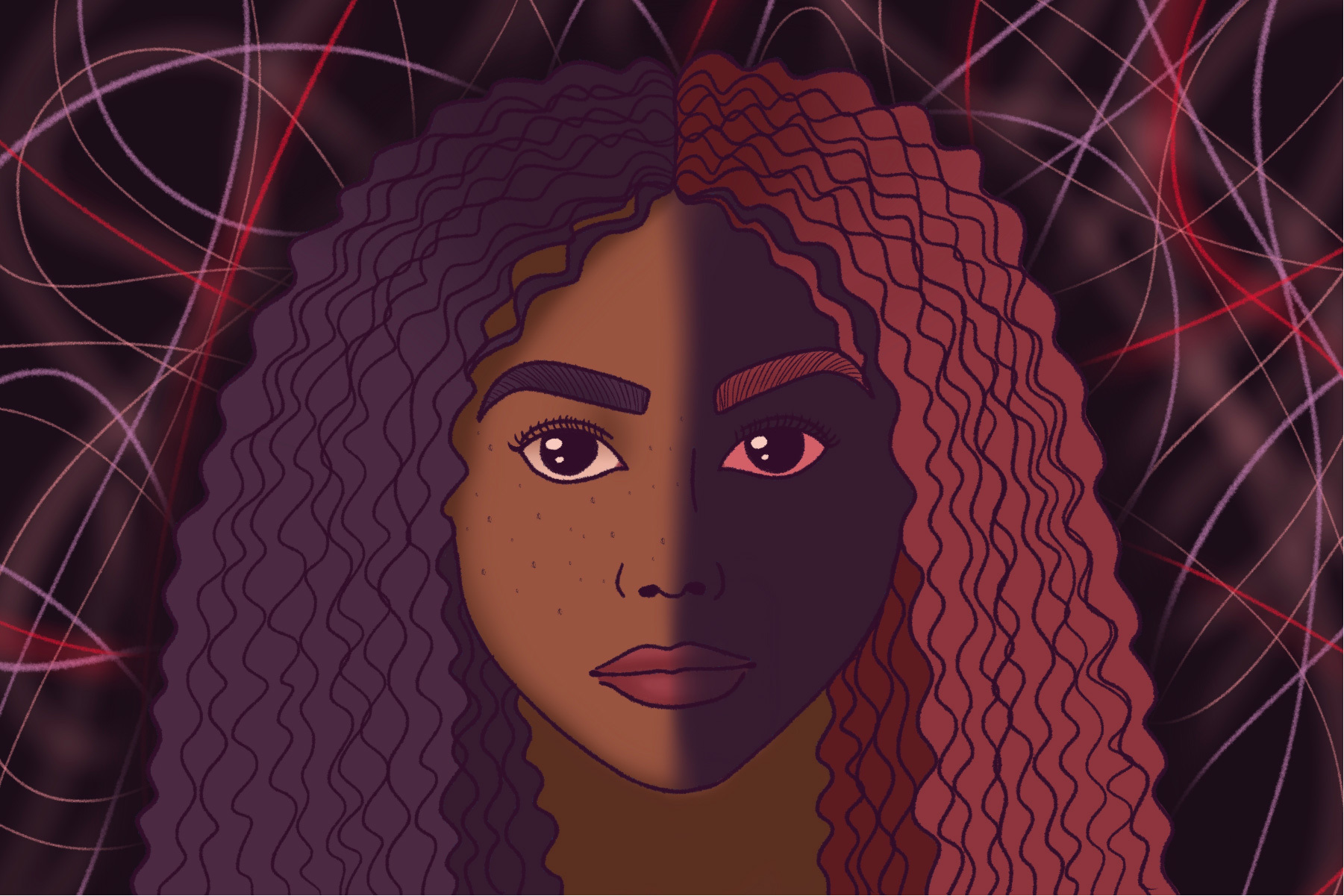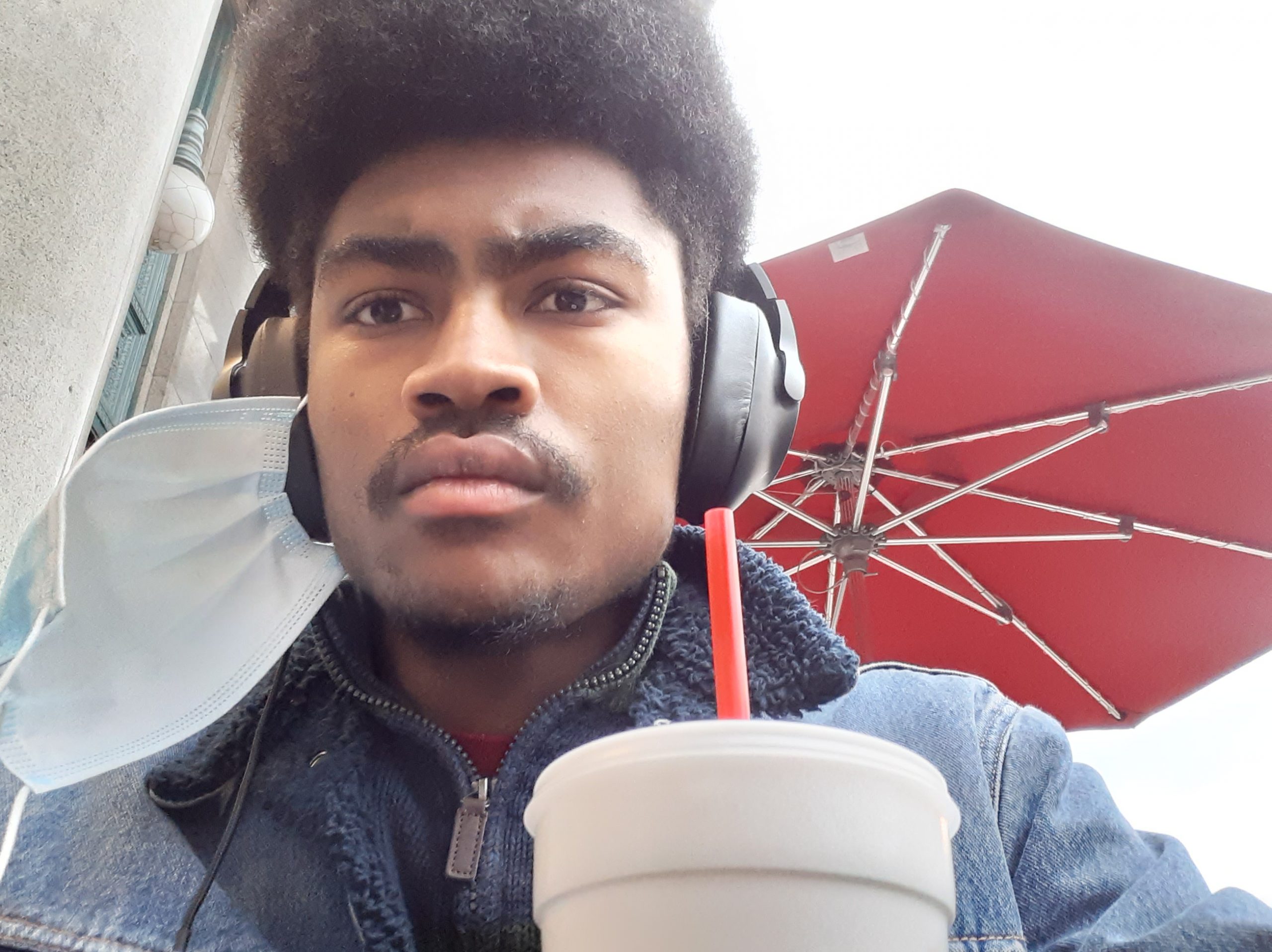The Netflix shows “Ginny & Georgia” and “Grand Army” both portray similar kinds of teenagers facing similar kinds of problems, yet “Grand Army” feels far more commanding of those issues and far more understanding of the teenage melodrama. “Grand Army” succeeds where “Ginny & Georgia” fails for one reason: gravitas. Of course, the issues both shows portray have some inherent gravitas; abuse and racial profiling demand a certain amount of respect and empathy from the audience by virtue of their depiction alone. But a large amount of gravitas comes from the audience’s ability to see the characters as multidimensional, and to subsequently contemplate these salient issues. “Ginny & Georgia” fails to portray its characters as being independent from the tragedies they’ve suffered; they feel as though they are mere vessels for these tragedies to be inflicted upon, rather than characters in their own right who happen to endure hardship.
The very first inkling of how poorly “Ginny & Georgia” understands the teenage melodrama is found in its dialogue and character building. Soon after arriving at her new high school, Ginny finds herself in a class with a teacher that underestimates her intellect. Ordinarily, this is a great way to introduce the protagonist’s personality in response to an imposing authority figure. But in “Ginny & Georgia,” rather than showing the teacher and Ginny as real individuals with flaws, the teacher is made out to be a two-dimensional bad guy whose dialogue perfectly leads into Ginny’s smart-aleck retorts.
https://www.youtube.com/watch?v=QsacpJwXCO8
The entire scene feels like how people formulate their response to an offense in the shower: overly quippy and extraordinarily unreal. Later on in the same episode, one of the main teenage characters says how “everyone’s just slowly marching inevitably and irrevocably closer to death,” which is so over-the-top in teenage angst that it almost seems like parody, though in light of all the other writing in the show, it certainly is not. If it is a joke, the whole show is a joke, and an unfunny one at that.
Even the previously mentioned tragedy is fumbled in a similar way. The most representative example of how poorly “Ginny & Georgia” handles these topics is a short scene immediately following the pair’s arrival in their new town. Ginny, who is brown, is spotted by an overweight, bald and menacing-looking cop who glares at her as he begins to approach her. It is suggested that, if it weren’t for Georgia, who is white, stepping in between the two, the cop would have accosted Ginny even though she had done nothing suspicious.
Now while this depiction of racial profiling is exaggerated to say the least, the problem doesn’t lie here but rather in how little effect it has on the rest of the episode. It lacks gravitas because the overall tone doesn’t seem to be affected at all by what should be a very important event. Rather, the subsequent scenes are identical in tone to the previous ones, and Ginny just seems to forget that it even occurred. “Ginny & Georgia” feels as though it is checking boxes for sympathy or woke points, rather than investing the necessary time and effort into developing these extremely pertinent issues with the care they deserve.
“Grand Army,” on the other hand, deals with these issues in a far more nuanced and respectful manner. In the second episode, an Indian character named Siddhartha is riding the train after a bombing shakes Brooklyn. Rather than having a white character get in his face and accost him, a subtle use of perspective, sound cues and editing illustrates how he feels their gaze, regardless of whether they even notice he is there. That is so much more powerful of a statement than “cops are racist”; it manages to convey the consequences of racism in America both without beating the audience over the head and without making the presentation of the topic one-sided.
The struggle this character undergoes in the scene actually has consequences and is consistent in tone with the rest of the show. Siddhartha uses the constant gaze he feels as a part of his college essay — an essay that not only ends up revealing more dimensions of this character to the audience, but also helps pave the way for him to embrace himself and his homosexuality. The event is therefore given much more gravitas as it actually influences all the characters that experience it.
Yet another example of the superiority of the approach of “Grand Army” is found in the general atmosphere after the bombing. Rather than the characters shrugging off the event after the end of the episode, they can be seen reacting to loud noises around the school’s campus. Having experienced a school shooting scare myself, I can attest to just how lived-in and particularly American this attention to detail made the show feel. “Ginny & Georgia” lacks any semblance of this kind of definition.
https://www.youtube.com/watch?v=Fb30tUGqaCk
The characters in “Grand Army,” too, are much stronger and more dynamic. Having just left high school myself, many of them actually remind me of people I used to know. What is so fundamentally relatable about them is that most of the audience can relate to that awkward feeling of being in high school, and while “Ginny & Georgia” tries to hit that same mark, its poorer writing makes that an impossibility. Some stand-out characters are Owen and Jayson, two Black characters whose dialogue is more authentic and grounded than anything “Ginny & Georgia” could even aspire to. Their dynamic reminds me a lot of the dynamic between me and my cousins; such real-feeling characters add hugely to the tragedy of their unjust treatment later on in the first season.
The mere inclusion of tragedy does not suffice to make a piece of media engaging or something that can evoke empathy. In shows of poorer quality, tragedies are used as a crutch, a method by which the writers can circumvent the work it takes to properly flesh out a character. Unfortunately for them, checking boxes leads to incredibly derivative content that makes no impression save for the immense boredom any experienced member of the audience must endure. Such an approach lacks gravitas and therefore the media in which it is employed becomes static and stale. “Ginny & Georgia” succumbs to these faults, and as such dissolves into the subconscious of the viewer in nearly the instant it is over. “Grand Army,” however, cuts no corners and is able to cement itself as noteworthy, despite the maelstrom of mediocre attempts at the very same thing in the same genre.

















